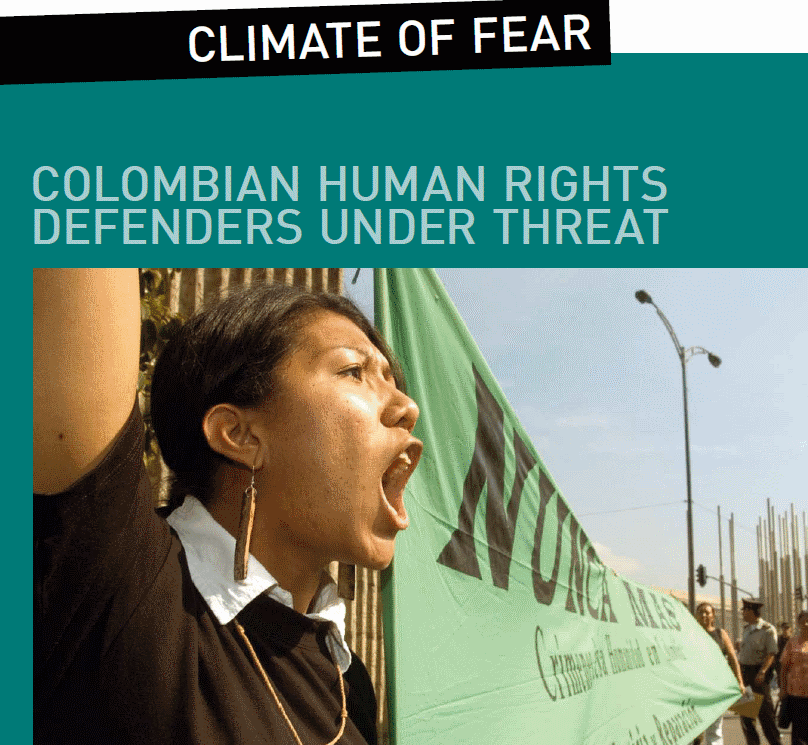Landmark Legal case: Jose Alvear Restrepo Lawyers Collective (Colectivo de Abogados de JOSÉ ALVEAR RESTREPO) vs The Colombian State in the Inter-American Court of Human Rights

Colombia remains an extremely dangerous country for those who defend human rights, where on average there are two attacks committed every day against human rights defenders and social leaders (HRDs).
The Colombian civil society organisation (CSO) Somos Defensores, is predicting, from the data it has gathered, that 2022 is likely to be an even more dangerous year than 2021 for HRDs. In the first three months of the year, the organisation documented 53 killings of defenders, this data matches that of the Colombian Ombudsman who has documented 52 cases of homicides against HRDs in the first quarter of 2022.
The number of killings registered by the Colombian Ombudsman are as follows: 13 deaths in January, 18 in February, and 21 in March. The counties (departments) registering the highest numbers of killings are: Cauca, Putumayo, Nariño, Arauca and Norte de Santander.
One of the most concerning situations that HRDs face, is when threats originate from State Institutions, as they allegedly have in the case of the Colectivo de José Alvear Restrepo (CAJAR). On 12 and 13 May 2022, the Inter-American Court of Human Rights (IACHR), is holding a hearing, to evaluate the violations to which this organisation has been subjected. Illegal intelligence activities from different State agencies, stigmatising speeches, smear campaigns, psychological torture, and harassment are some of the accusations to which the Colombian State will have to respond. As well as, extremely high levels of impunity for these alleged crimes.
The case, presented by the Centre for Justice and International Law (CEJIL) and CAJAR, is seen by these organisations as an opportunity to contribute to the transformation of the current scenario of serious violations of the rights of defenders. The current context of attacks against defenders reduces their capacity to defend the rights of others, limiting access to justice and it weakens democracy.
CEJIL explains that this is the first time that a human rights organisation facing victimisation because of its work in accompaniment and representation of victims at the Inter-American Court of Human Rights, has itself become a victim and had to seek justice for serious human rights violations before the Inter-American Court. CAJAR will put forward evidence at the IACHR denouncing the variety of practices of persecution it has been subjected to for over 30 years.
The CAJAR victims are asking for comprehensive reparation measures including State recognition of its responsibility and a public request for forgiveness. By taking these measures they hope to raise the profile and recognition of the importance of the role of HRDs in Colombia. Furthermore, they hope that these measures will promote and contribute to a safer working environment and democratic state of rights.
CAJAR expects that this hearing will lead to a full investigation of the hundreds of threats and attacks against its members and the organisation as a whole. The results of which they hope will lead to structural reforms to the doctrines and practices of the Colombian state intelligence services, so that such actions will cease to be repeated, and successive government’s will no longer see the human rights defenders as ‘internal enemies’ or ‘enemies of the state’.

